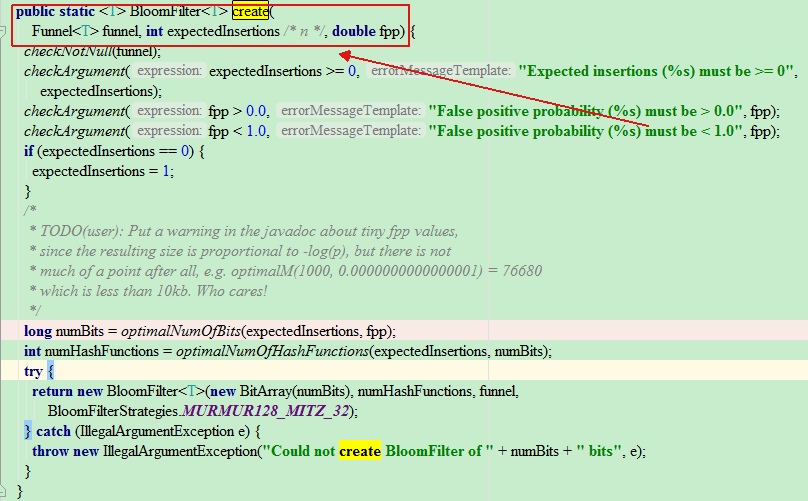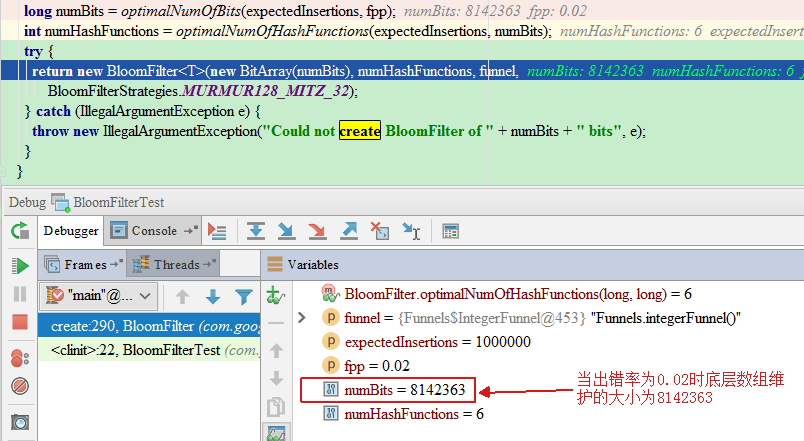Redis快取穿透、快取雪崩、redis併發問題分析
阿新 • • 發佈:2018-12-14
把redis作為快取使用已經是司空見慣,但是使用redis後也可能會碰到一系列的問題,尤其是資料量很大的時候,經典的幾個問題如下:(一)快取和資料庫間資料一致性問題 
分散式環境下(單機就不用說了)非常容易出現快取和資料庫間的資料一致性問題,針對這一點的話,只能說,如果你的專案對快取的要求是強一致性的,那麼請不要使用快取。我們只能採取合適的策略來降低快取和資料庫間資料不一致的概率,而無法保證兩者間的強一致性。合適的策略包括 合適的快取更新策略,更新資料庫後要及時更新快取、快取失敗時增加重試機制,例如MQ模式的訊息佇列。
(二)快取擊穿問題快取擊穿表示惡意使用者模擬請求很多快取中不存在的資料,由於快取中都沒有,導致這些請求短時間內直接落在了資料庫上,導致資料庫異常。這個我們在實際專案就遇到了,有些搶購活動、秒殺活動的介面API被大量的惡意使用者刷,導致短時間內資料庫宕機了,好在資料庫是多主多從的,hold住了。- public String getWithLock(String key, Jedis jedis, String lockKey, String uniqueId, long expireTime) {
- // 通過key獲取value
- String value = redisService.get(key);
- if (StringUtil.isEmpty(value)) {
- // 分散式鎖,詳細可以參考https://blog.csdn.net/fanrenxiang/article/details/79803037
- //封裝的tryDistributedLock包括setnx和expire兩個功能,在低版本的redis中不支援
- try {
- boolean locked = redisService.tryDistributedLock(jedis, lockKey, uniqueId, expireTime);
- if (locked) {
- value = userService.getById(key);
- redisService.set(key, value);
- redisService.del(lockKey);
- return value;
- } else {
- // 其它執行緒進來了沒獲取到鎖便等待50ms後重試
- Thread.sleep(50);
- getWithLock(key, jedis, lockKey, uniqueId, expireTime);
- }
- } catch (Exception e) {
- log.error("getWithLock exception=" + e);
- return value;
- } finally {
- redisService.releaseDistributedLock(jedis, lockKey, uniqueId);
- }
- }
- return value;
- }
- <dependencies>
- <dependency>
- <groupId>com.google.guava</groupId>
- <artifactId>guava</artifactId>
- <version>23.0</version>
- </dependency>
- </dependencies>
- public class BloomFilterTest {
- private static final int capacity = 1000000;
- private static final int key = 999998;
- private static BloomFilter<Integer> bloomFilter = BloomFilter.create(Funnels.integerFunnel(), capacity);
- static {
- for (int i = 0; i < capacity; i++) {
- bloomFilter.put(i);
- }
- }
- public static void main(String[] args) {
- /*返回計算機最精確的時間,單位微妙*/
- long start = System.nanoTime();
- if (bloomFilter.mightContain(key)) {
- System.out.println("成功過濾到" + key);
- }
- long end = System.nanoTime();
- System.out.println("布隆過濾器消耗時間:" + (end - start));
- int sum = 0;
- for (int i = capacity + 20000; i < capacity + 30000; i++) {
- if (bloomFilter.mightContain(i)) {
- sum = sum + 1;
- }
- }
- System.out.println("錯判率為:" + sum);
- }
- }
- 成功過濾到999998
- 布隆過濾器消耗時間:215518
- 錯判率為:318
可以看到,100w個數據中只消耗了約0.2毫秒就匹配到了key,速度足夠快。然後模擬了1w個不存在於布隆過濾器中的key,匹配錯誤率為318/10000,也就是說,出錯率大概為3%,跟蹤下BloomFilter的原始碼發現預設的容錯率就是0.03:
- public static <T> BloomFilter<T> create(Funnel<T> funnel, int expectedInsertions /* n */) {
- return create(funnel, expectedInsertions, 0.03); // FYI, for 3%, we always get 5 hash functions
- }

private static BloomFilter<Integer> bloomFilter = BloomFilter.create(Funnels.integerFunnel(), capacity,0.01);- public String getByKey(String key) {
- // 通過key獲取value
- String value = redisService.get(key);
- if (StringUtil.isEmpty(value)) {
- if (bloomFilter.mightContain(key)) {
- value = userService.getById(key);
- redisService.set(key, value);
- return value;
- } else {
- return null;
- }
- }
- return value;
- }
(三)快取雪崩問題
快取在同一時間內大量鍵過期(失效),接著來的一大波請求瞬間都落在了資料庫中導致連線異常。解決方案:1、也是像解決快取穿透一樣加鎖排隊,實現同上;2、建立備份快取,快取A和快取B,A設定超時時間,B不設值超時時間,先從A讀快取,A沒有讀B,並且更新A快取和B快取;- public String getByKey(String keyA,String keyB) {
- String value = redisService.get(keyA);
- if (StringUtil.isEmpty(value)) {
- value = redisService.get(keyB);
- String newValue = getFromDbById();
- redisService.set(keyA,newValue,31, TimeUnit.DAYS);
- redisService.set(keyB,newValue);
- }
- return value;
- }
(四)快取併發問題
這裡的併發指的是多個redis的client同時set key引起的併發問題。比較有效的解決方案就是把redis.set操作放在佇列中使其序列化,必須的一個一個執行,具體的程式碼就不上了,當然加鎖也是可以的,至於為什麼不用redis中的事務,留給各位看官自己思考探究。

